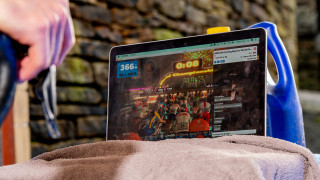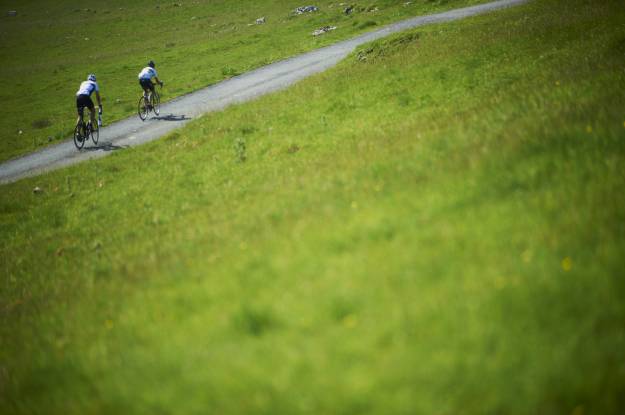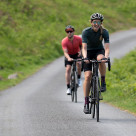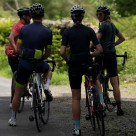To mark this year’s Safer Internet Day, British Cycling’s Compliance and Safeguarding Manager, Victoria Brown, shares her tips for staying safe online and knowing how you can access British Cycling’s reporting procedures to raise concerns.
With many riders taking part in virtual activities or training alone during the current lockdown, it’s more important than ever that we understand the steps we can all take to protect ourselves online and look out for those who may be at risk.
This year Safer Internet Day takes place on Tuesday 9 February 2021 and is organised by the UK Safer Internet Centre. Its aim is to create a safer online world for all of us, with one key message – Together for a better internet.
At British Cycling our approach to safeguarding is proactive rather than reactive – with the emphasis being on taking steps to prevent harm and abuse from occurring, knowing what to do if harm or abuse takes place, who to contact, what to tell them and how to help the person who has experienced it.
In the past year we’ve seen a huge rise in the number of activities which take place online, such as virtual coaching sessions, e-racing and club socials. Digital platforms provide us with great opportunities to engage and develop relationships with people in creative and dynamic forums, however, it’s important that we also understand the risks involved.
Virtual coaching sessions
Last year we published a new toolkit to support clubs in delivering virtual coaching sessions via digital platforms, which you can find here. We know that for many riders these sessions have been an incredibly popular way of staying in touch with friends and keeping active, and through the toolkit we wanted to give more clubs and groups the confidence and support they need to kickstart their online offering.
The toolkit highlights the key safeguarding measures that need to be followed, plus tips on coaching, session planning and communication with the group, all of which will help you to deliver a fun and engaging session while ensuring that riders are kept safe.
Know your privacy settings
It’s important to remember that different platforms and apps have different privacy settings. Some fitness tracking apps use location data, and it can be easy to identity an individual’s training routine and home address if an appropriately high security setting is not in place.
Parents can use Net Aware to help set up privacy settings on popular apps and digital platforms, and it’s worth taking the time to explore and understand the security features within your fitness and communication apps to ensure that you’re comfortable with the information that others can obtain from your account or profile.
Reporting concerns
We should also remember that the current social distancing requirements place some individuals at risk, either of isolation and neglect, domestic violence or other forms of abuse. Virtual activities may be the only social contact some individuals have at present.
If you become concerned about the wellbeing and welfare of anyone that you have virtual contact with then you should share this with our Lead Safeguarding Officer at compliance@britishcycling.org.uk.
Further information on reporting any safeguarding concerns regarding children, young people and adults at risk can be found here.











